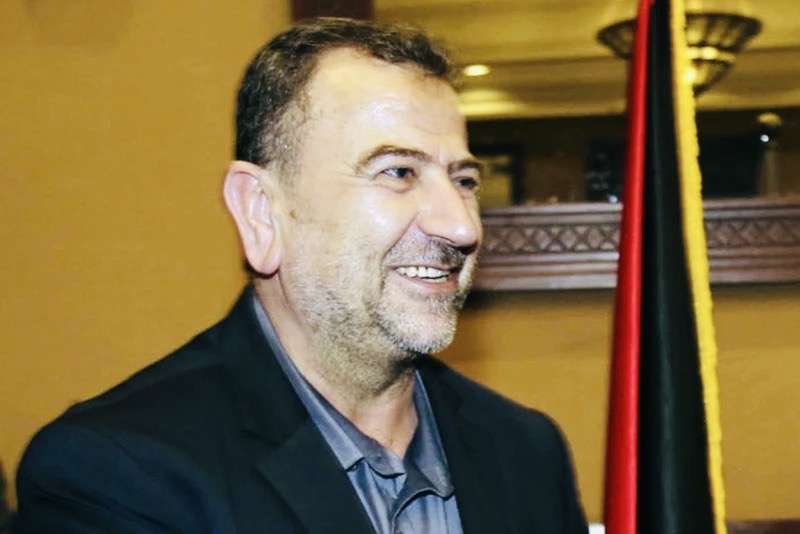From the moment that Israel was brutally attacked by Hamas terrorists on October 7, Hamas leaders and field commanders in the Gaza Strip and elsewhere were on notice that their days were numbered.
The assassination of Hamas’ deputy leader, Saleh al-Arouri, on January 2 lends credence to this assessment.
Arouri, 57, and several of his associates were killed when a drone struck an apartment building in Dahiyeh, a neighborhood in Beirut regarded as a Hezbollah stronghold. Arouri was the first major Palestinian leader killed in Lebanon in many years.
To be sure, the Israeli government did not claim responsibility for the strike, but Lebanon and Hamas squarely blamed Israel.
It can be safely assumed that Israel planned and implemented it.
Within days of the October 7 attack, which claimed the lives of 1,200 Israelis and foreigners, Prime Minister Benjamin Netanyahu said in fury, “Every member of Hamas is a dead man.”
Israeli Defence Minister Yoav Gallant was just as emphatic: “Hamas terrorists have two options: Be killed or surrender unconditionally. There is no third option.”
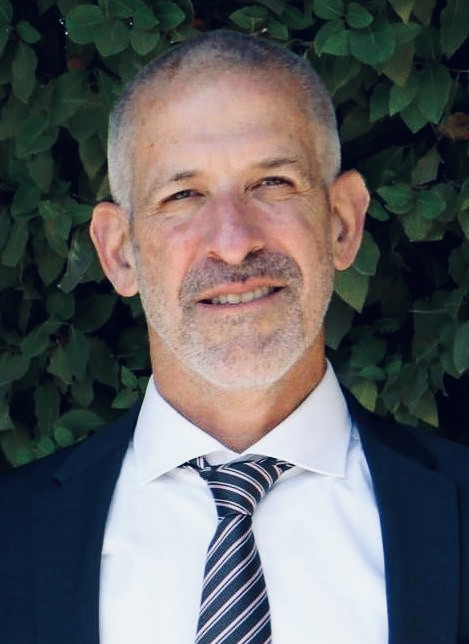
Last month, Ronen Bar, the director of the Shin Bet internal intelligence agency, declared, “The cabinet set a goal for us, to take out Hamas. And we are determined to do it, this is our Munich.”
He was referring, of course, to the secret Israeli operation to assassinate the Palestinian masterminds of the 1972 Munich Olympic Games massacre, which resulted in the deaths of eleven Israeli athletes.
Bar said that Israel would spare no effort to hunt down the planners and executors of the October 7 atrocity. As he put it, “In every location, in Gaza, in the West Bank, in Lebanon, in Turkey, in Qatar, everyone. It will take a few years, but we will be there in order to do it.”
On January 3, the director of the Mossad, David Barnea, alluded to this mission when he said that all those involved in the October 7 onslaught were as good as dead. Speaking at the funeral of one of his predecessors, Zvi Zamir, Barnea said, “Let every Arab mother know that if her son took part in the (October 7) massacre — he signed his own death warrant.”
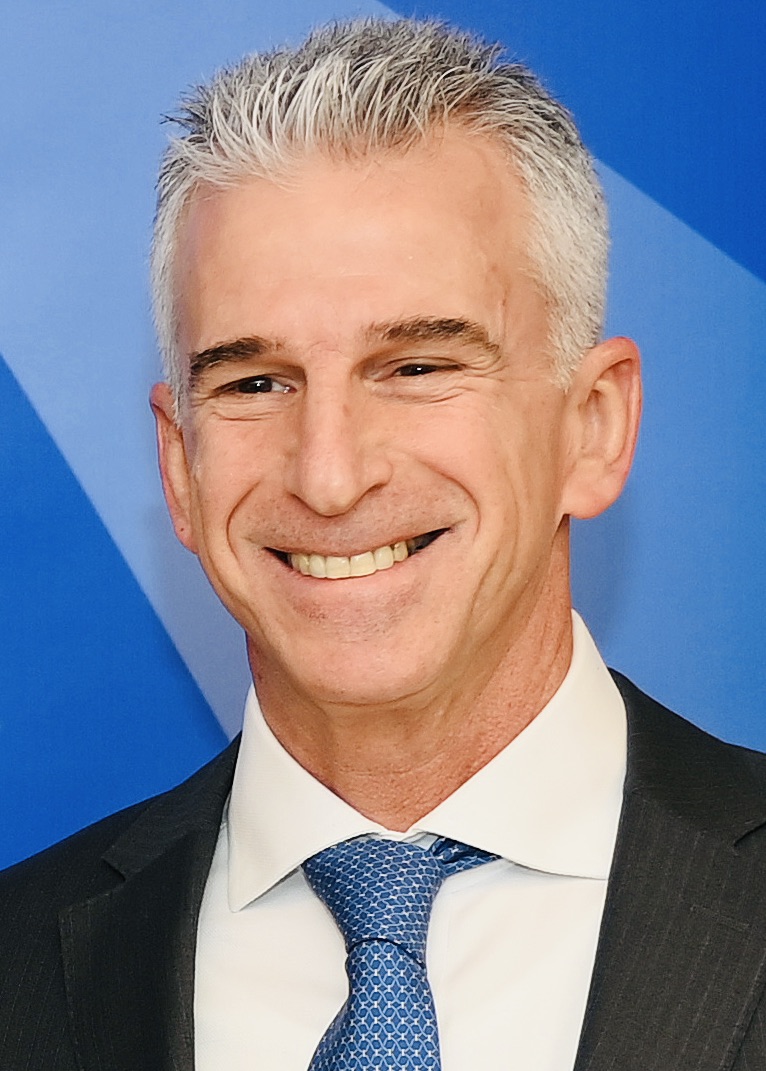
In the wake of Arouri’s death, Danny Danon, Israel’s former ambassador to the United Nations, tweeted his congratulations: “I congratulate the Israel Defence Forces, the Shin Bet, the Mossad and the security forces for killing senior Hamas official Salah al-Arouri in Beirut. Anyone who was involved in the 7/10 massacre should know that we will reach out to them and close an account with them.”
The Mossad and Shin Bet have been preparing for this task for the past few months. Shortly after Hamas’ bloody incursion, Israel formed a special unit, Nili, to track down and assassinate its organizers and foot soldiers.
The first targets were the commanders of Hamas’ Nukbha force, which attacked kibbutzim, towns and army bases in southern Israel. Among the first ones to be assassinated were Bilal al-Qedra and Ali Qadhi of the Qassam Brigades in Khan Younis.
Looking ahead, Israel has set its sights on Mohammed Dief, the commander of the Qassam Brigades, and Yahya Sinwar, Hamas’ chief political leader in Gaza, both of whom are in hiding in its intricate network of tunnels.
Arouri, one of Sinwar’s closest confidants, was taken out shortly after Israeli and U.S. officials discussed a new phase in Israel’s ground invasion of Gaza — the transition from high-intensity warfare to surgical strikes on high-value Hamas personnel.
It is by no means certain whether Israel has, in fact, moved to this stage. But no one doubts that Israel has begun its campaign to eliminate top-level Hamas leaders like Arouri.
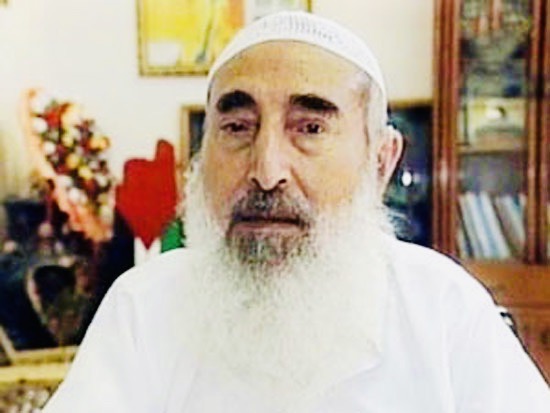
Arouri was one of the highest ranking Hamas officials ever to be killed by Israel. Sheikh Ahmed Yassin, one of its flounders, was assassinated in March 2004. His immediate successor, Abdel Aziz al-Rantisi, was taken down about a month later.
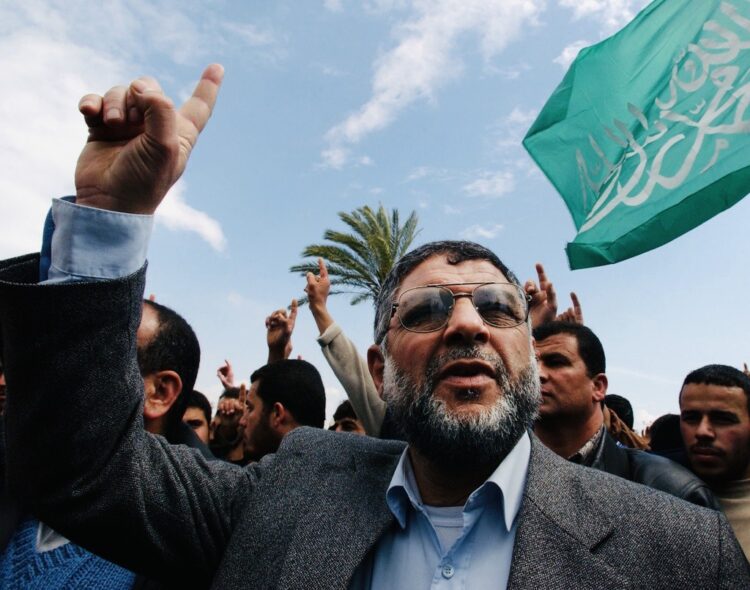
Ahmed Jabari, the commander of the Qassem Brigade, was killed in an Israeli drone strike in 2012, an incident which set off the third Israel-Hamas war.
Arouri, one of the founders of the Qassem Brigades, was a figure of major importance in Hamas.
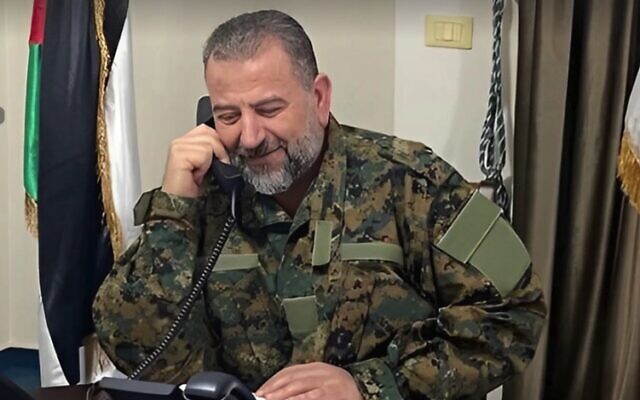
He was instrumental in forging cordial relations with Hezbollah and Iran, both of which share Hamas’ ultimate goal of destroying Israel. And Arouri was in charge of the Hamas network in the West Bank, which Israel has repeatedly degraded in recent years.
In 2011, he played a role in a prisoner swap in which the abducted Israeli soldier Gilad Shalit was released after five years in captivity in exchange for more than 1,000 Palestinians who had been charged with terrorism. Among the released terrorists was Yahya Sinwar.
In 2014, Israel accused him of planning the kidnapping and killing of three Israeli teenagers in the West Bank, one of the causes of the second Israel-Hamas war. Arouri described the incident as a “heroic operation.”
Three years later, he was elected deputy head of Hamas. By that point, the United States had designated him as a terrorist and was offering a $5 million reward for his whereabouts.
By all accounts, Arouri was one of the few Hamas officials who had advance knowledge of its plan to invade Israel.
In an interview with Al Jazeera on October 8, he defined the unprecedented assault as an “open battle” aimed at achieving the “liberation” of the Palestinians and their holy places. Describing it as a response to Israel’s “desecration” of the Al-Aqsa mosque at the Temple Mount complex in East Jerusalem, he claimed that Israel intended to impose an unacceptable “new reality” there.
Arouri said that an Israeli ground invasion of Gaza would be the “best scenario” for Hamas. “We entered this battle not just for a few hours. We entered it knowing that there will be consequences, and we have no choice but to fight to achieve our high goals.”
In an interview last month, he claimed that Israel had failed to achieve its goals in Gaza and that Hamas would resist Israeli advances.
Born in the village of Arura, near Ramallah, Arouri was drawn to the Hamas movement from its inception in 1987. A fierce opponent of the Oslo peace process, he spent 15 years in Israeli prisons.
From 2010 onward, he was constantly on the move, living in Jordan, Syria and Turkey before briefly settling in Qatar and then, finally, in Beirut.
Arouri realized he might eventually find himself in Israel’s crosshairs. After all, a succession of Hamas leaders have been assassinated by Israel in the past two decades.
Asked last year whether he might be targeted as well, he replied fatalistically, “Just as our people fight back and pay the price and die, we, too, can pay that price. It does not impact me or shake my resolve.”
Arouri is dead and buried, but Hamas, the Islamic fundamentalist movement for which he sacrificed his life, is far from finished, either as an organization or as an idea.
